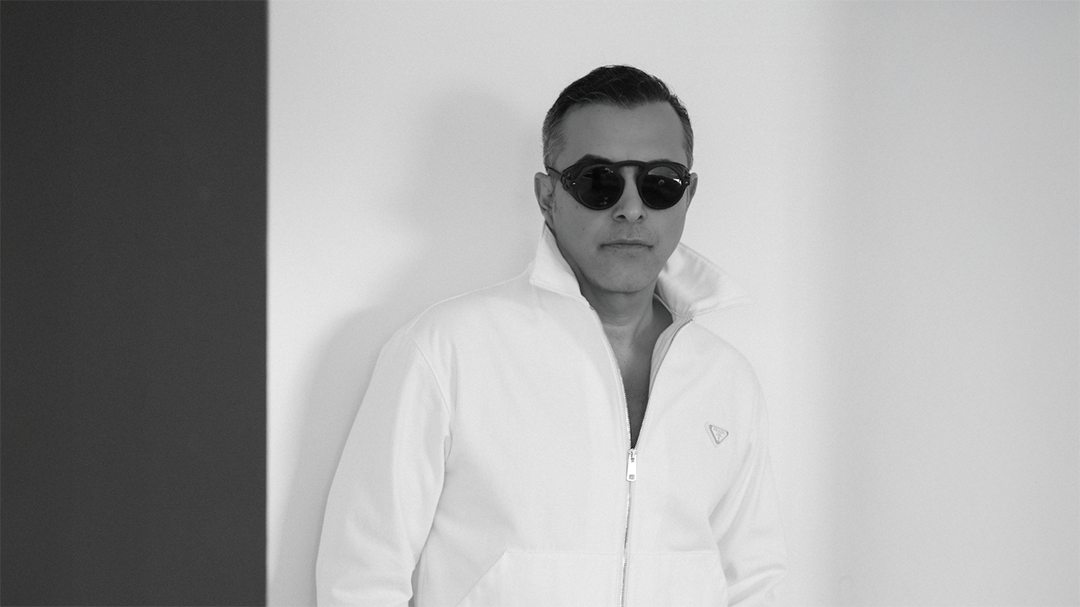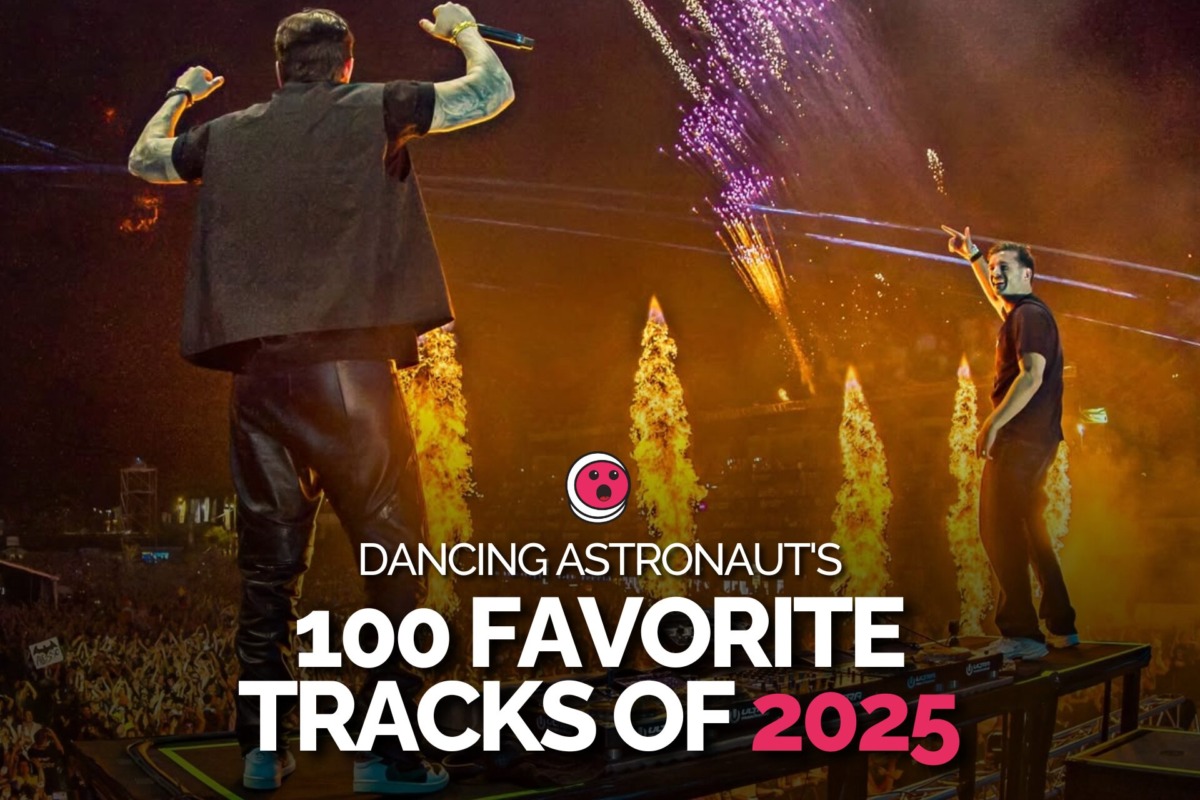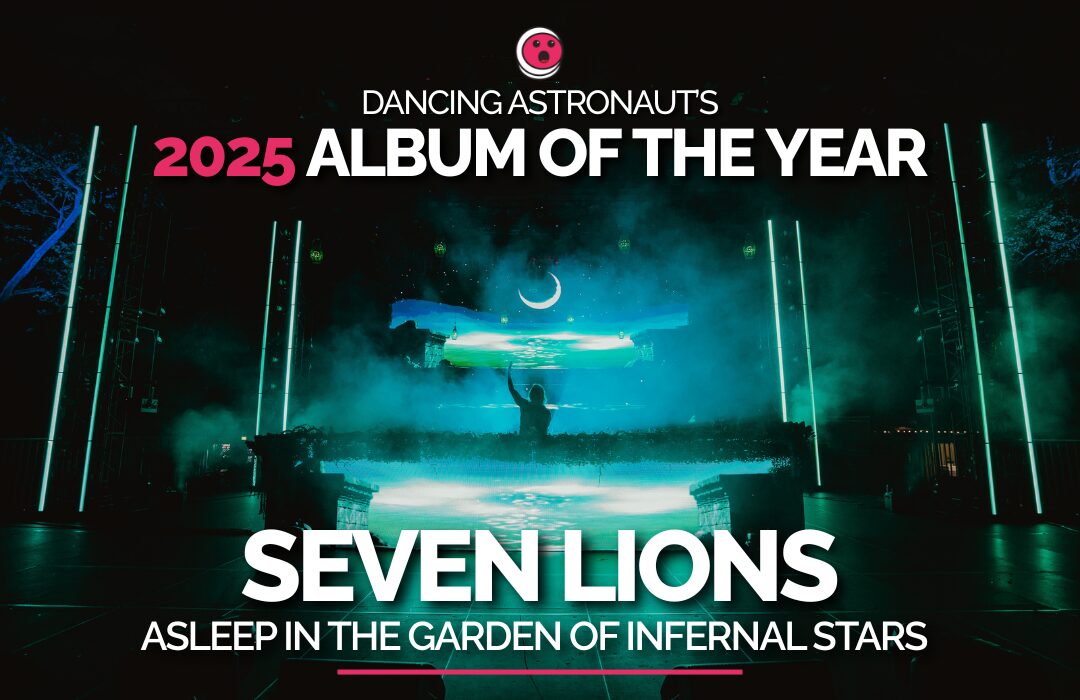Shonen Jump's popular parody fantasy series Mashle: Magic and Muscles is a clear parallel to the satire seinen series One-Punch Man, with both series starring a strength-only protagonist who half-heartedly punches his way through a world of monsters and supernatural beings. However, it goes deeper than that in Mashle's latest chapters.
From the beginning, non-magical protagonist Mash Burndead has been an outcast owing to his lack of magic and telltale lines on his face, and he soon runs into even more magic-based discrimination at the Easton Magic Academy. All this makes Mash's world eerily similar to that of My Hero Academia, where Quirks have given rise to all kinds of discrimination, bigotry and prejudice the world over.
When Mashle & My Hero Academia Address Social Hierarchies Of Inborn Traits
Much of Mashle's plot derives from Mash's quest to gain enough gold coins to become a Divine Visionary, and he fights many odd battles against rival students at Easton along the way. Meanwhile, the theme of social hierarchies and prejudice appears in practically every volume, especially the recently-released Volume 4. In this world, nearly all people are born with magic, but not to the same degree.
Some people are naturally born with stronger and better magic than others, and these superior wizards will have more lines on their faces to prove it. Ordinary wizards have one line, while remarkable wizards have two and truly exceptional ones have three. At Easton and the world at large, more talented wizards are given preferential treatment and tend to have more influence and popularity. Mash, as a rare non-magical person, would practically be treated like a rabid animal if it weren't for the fake line drawn on his face to disguise his true nature.
The prejudice doesn't stop there. Even gifted Easton characters such as Abyss Razor face intolerance, since Abyss was born with the feared Devil's Eye -- something he can't control. This magical "Quirk" was repulsive to Abyss' parents, who treated him like a prisoner and even tried to kill him. Once again, people are mistreated simply for being born with certain gifts or a lack thereof, and more and more, Mash must confront these brutally unfair standards and perceptions and fight back against a system that thinks he was born unworthy.
In this way, Mashle echoes My Hero Academia's themes of Quirks and society at large, in uncomfortable but essential ways. Mash isn't just like Saitama -- he's also like the Quirkless Midoriya Izuku, but without the benefit of One For All and All Might to mentor him.
Mashle's & My Hero Academia's Comments On The Real World
Both Mashle and My Hero Academia touch upon very real themes of intolerance, social hierarchy and extreme pressure to succeed, especially in the context of Japan itself, but these themes can be applied anywhere. Some anime and manga series are well-known for commenting on or criticizing Japanese society's pressure for individual success and a trend toward conformity -- a harsh system where one mistake may mean washing out and facing many consequences. Then discrimination and strict societal hierarchies enter the picture, and things can get even messier.
My Hero Academia addresses this with its Quirk-based combat system, where characters such as the villainous Flect Turn and Spinner are rejected for simply being born the way they are, and some people suffer low self-esteem or bullying owing to having weak or boring Quirks. In contrast, Bakugo Katsuki was born with a great Quirk and sees it as a reason to look down on everyone else around him. And as Gentle Criminal proved, the heroics system is an incredibly demanding and strict one that heavily punishes those who can't quite make it, which often results in outcast criminals like him. It's little wonder the League of Villains and Meta Liberation Army want to tear society down.
Mashle's take is drier and more humor-based, and the series isn't necessarily making any sweeping statements about society with its magic-based social hierarchy. Still, it's rather telling that even a series as silly as "One-Punch Harry Potter" finds room to explore these relevant and grim topics so openly, and it may be a reflection of the world in which the creator lives. Even in the goofiest fantasy manga, society still looms large.
About The Author

